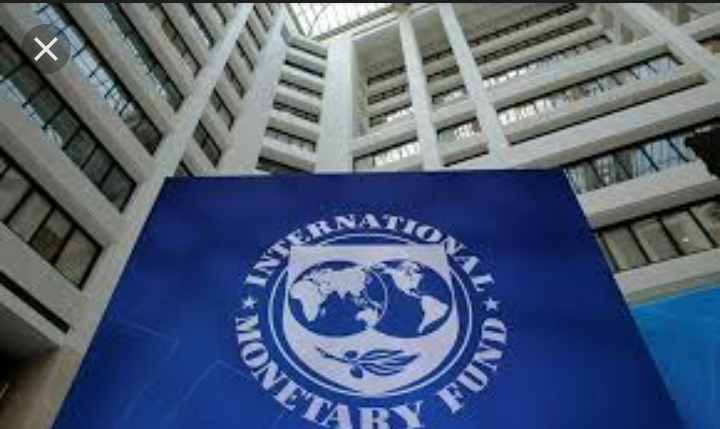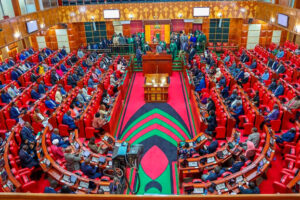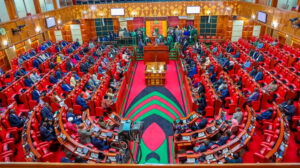Moody’s Ratings has downgraded Kenya’s ability to access external credit, citing the government’s inability to manage its ballooning debt.
In a statement on Monday, July 8, Moody’s highlighted the downgrade as a reflection of Kenya’s significantly diminished capacity to implement revenue-based fiscal consolidation.
This downgrade, Moody’s explained, would improve debt affordability and place debt on a downward trend.
The agency pointed out that the Kenyan government’s decision not to pursue planned tax increases and instead rely on expenditure cuts to reduce the fiscal deficit represents a significant policy shift with material implications for Kenya’s fiscal trajectory and financing needs.
“In the context of heightened social tensions, we do not expect the government to be able to introduce significant revenue-raising measures in the foreseeable future.
As a result, we now expect the fiscal deficit to narrow more slowly, with Kenya’s debt affordability remaining weaker for longer.
Larger financing needs stemming from a wider deficit increase liquidity risk against more uncertain external funding options,” Moody’s stated.
Kenya’s local currency (LC) ceiling was lowered to B1 from Ba3, maintaining a three-notch difference with the sovereign rating, which reflects relatively weak institutions and policy predictability.
The foreign currency (FC) ceiling was lowered to B2 from B1, one notch below the LC ceiling.
This adjustment reflects relatively low external debt and a moderately open capital account, which reduces, although does not remove entirely, the incentives or need to impose transfer and convertibility restrictions in scenarios of intensifying financial stress.
This financial turbulence follows President William Ruto’s decision to withdraw the controversial Finance Bill 2024 on June 25.
The bill had proposed a series of tax measures aimed at increasing government revenue.
President Ruto’s decision was also expected to complicate existing International Monetary Fund (IMF) programs, with Moody’s indicating that there could be a delay in IMF disbursements.
The withdrawal of the Finance Bill 2024 has intensified the financial challenges facing Kenya.
The country’s ability to navigate its fiscal policy effectively without the expected tax revenue from the proposed bill remains in question.
As the government grapples with these fiscal constraints, the impact on Kenya’s economic stability and its relations with international creditors will be closely watched.
This downgrade by Moody’s sends a strong signal about the urgent need for Kenya to address its fiscal policies and implement strategies that can stabilize its economic outlook.
Without significant revenue-raising measures, the country risks facing prolonged periods of financial uncertainty, which could affect its ability to secure external funding and manage its debt.





















Add Comment